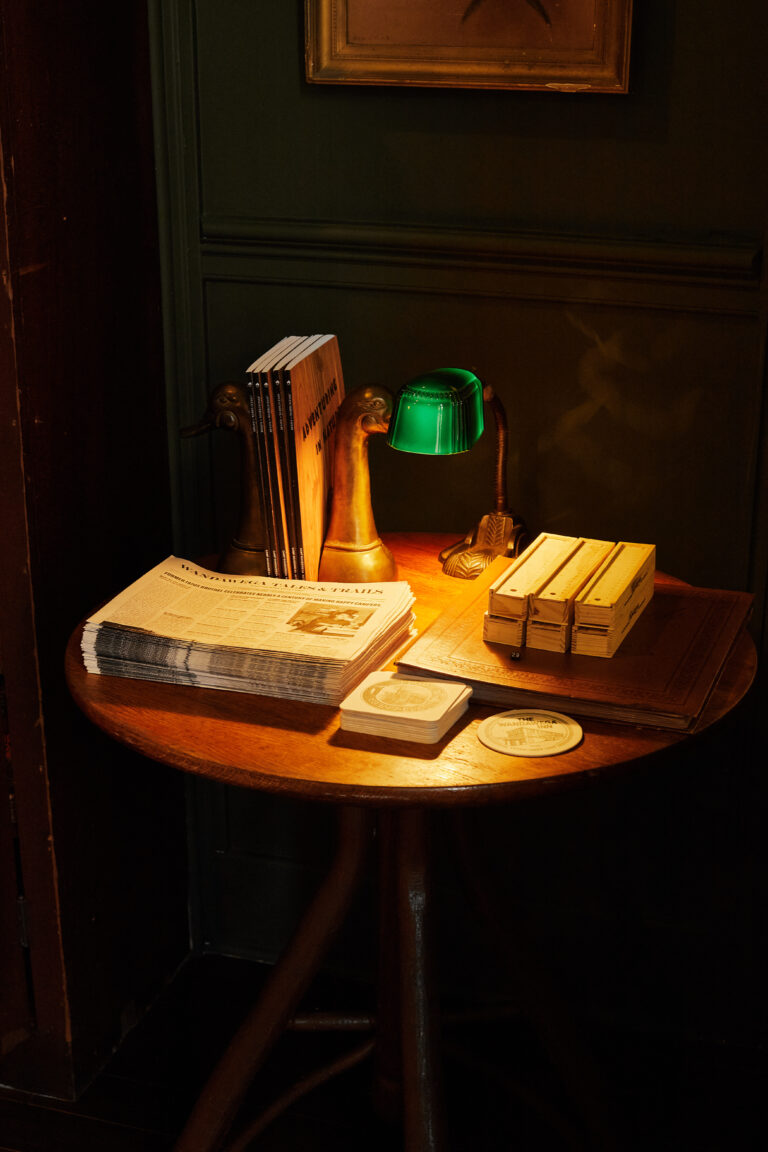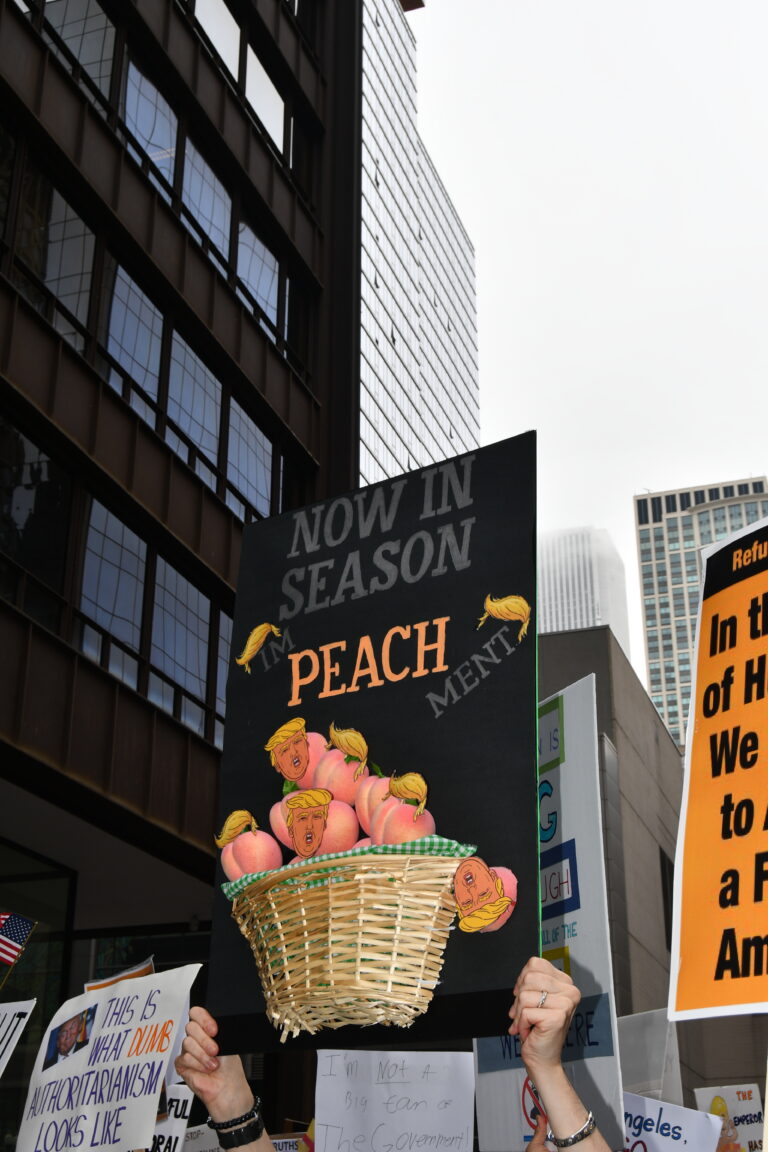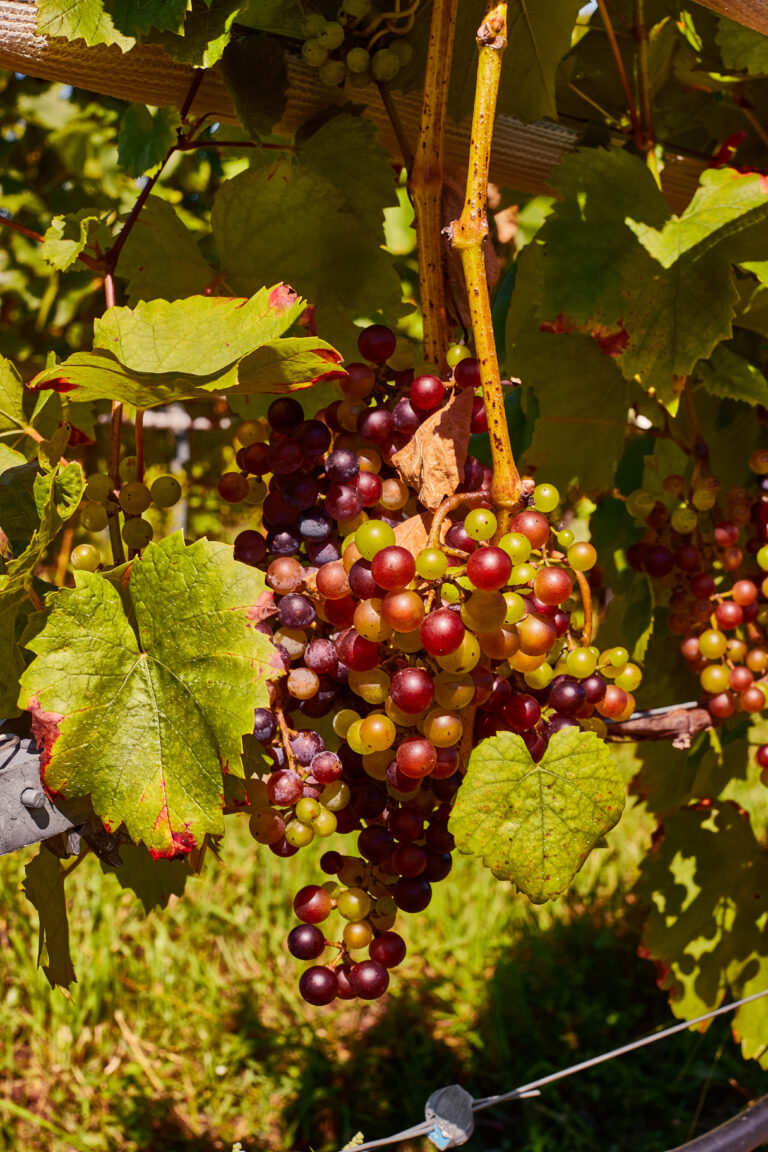
Easing Into a Life of Less Waste
Zero Waste stores share the mission of offering everyday essentials without plastic and non recyclable waste.
The zero waste concept has been around for decades, but it wasn’t until the mid 2010s that it broke into mainstream consciousness when a handful of zero waste bloggers became popular. Kelli Pelc, owner of The Refilleri in Humboldt Park, recalls one such blogger while also speaking to what’s realistic: “Zero waste is really hard. There was that famous girl who put all of her waste for a year in a mason jar. It’s just like, wow, that’s really impressive, but trying to get people to accomplish that is unrealistic. So, take the small steps instead to go for a low waste lifestyle.”
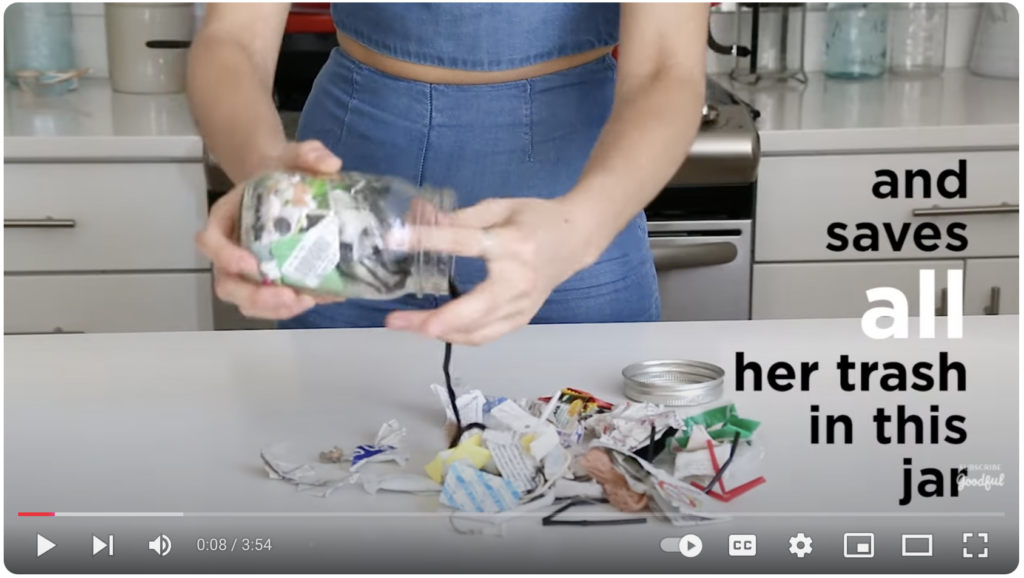
Today, the “hardcore mason jar” folks are still around, but the zero waste lifestyle for the masses has become more nuanced and forgiving. The focus has shifted to “lower waste” lifestyles with smaller, more attainable changes such as refilling your soaps or switching to shampoo bars. Both of which are easy changes to make, especially if you have a zero waste store nearby.
There are currently five zero waste stores in and around Chicago that offer bulk refilling options.
But zero waste stores can feel intimidating. “A woman came in today and said she walks by all the time, but was always too scared to shop because she didn’t think she was zero waste enough,” said Todd Baranick, owner of Unwaste Shop in West Loop. I think people are under this misconception that you’re expected to already be doing everything perfectly to shop here.” Baranck’s shop, like all other zero waste shops in Chicago, promotes a judgement-free approach to reducing waste. According to Baranck, curious customers come in all the time, completely fresh to the concept of zero waste.
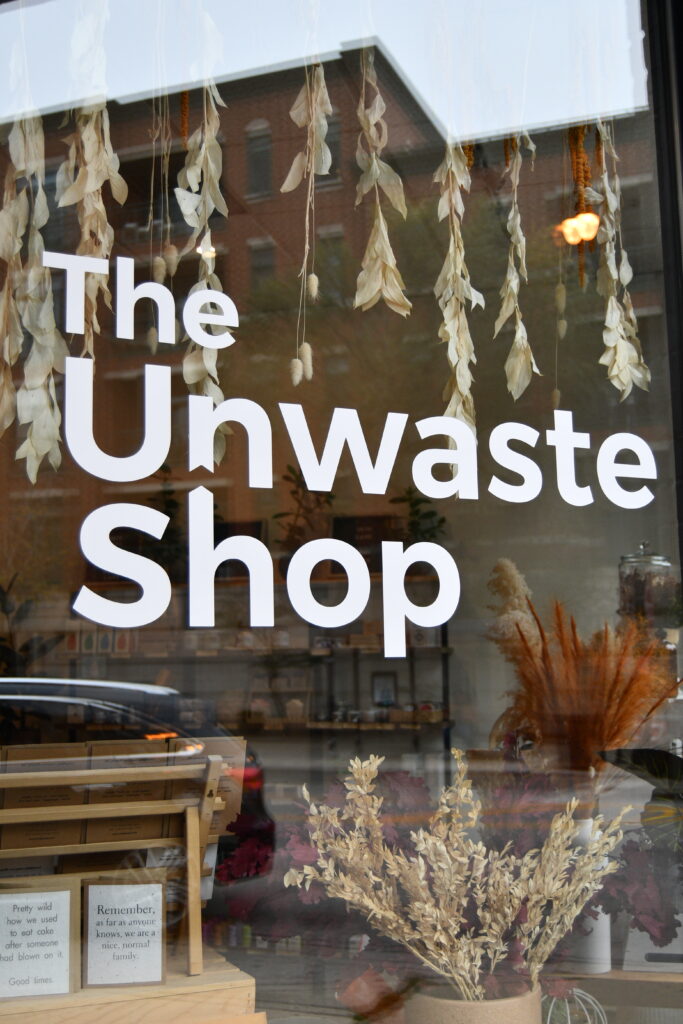
Prices at zero waste stores are on par with what you would pay at a regular shop, with some variance. “My prices are competitive. I focus on keeping things accessible,” says Christine Sorich, owner of Tiny Shop in XYZ neighborhood. “Unfortunately though, ethical consumption does mean higher costs. If you are comparing my products to other organic products then my prices are the same, if not better.”
Bring in your hand soap bottle next time you run out. It doesn’t matter if it’s an old Softsoap bottle, just refill whatever you have.
“Find small things first, those things will build on one another. You’ve made a change, and even small choices have an impact on our systems. Your wallet can be the most magical tool when it comes to making change happen,” says Sorich.
For tips on where to start — we asked Chicago’s Zero Waste store owners for their favorite goods. Read more here.

